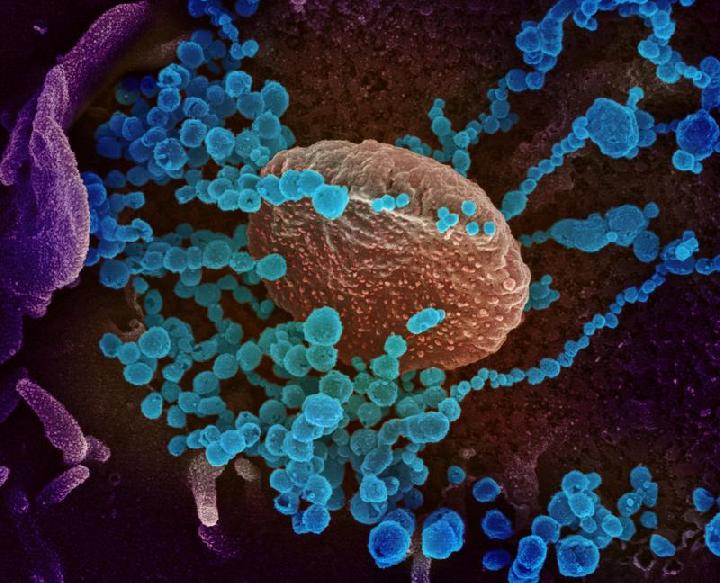Unnecessary Arrests
Translator
Tempo.co
Editor
Laila Afifa
Sabtu, 11 April 2020 12:34 WIB

TEMPO.CO, Jakarta - The police have arrested people accused of spreading fake news about the coronavirus. Hoaxes might be a reaction to the lack of transparency from the government.
THE arrests of people accused of spreading fake news about the coronavirus disease 2019, or Covid-19, outbreak is going too far. The National Police should stop using these repressive methods. The most effective way to clampdown on hoax news is to provide transparent information about the disease that has now become a global pandemic.
As of the end of March, the directorate of cybercrime prosecution at the National Police criminal investigation department had named 51 people as suspects for spreading fake news about the coronavirus. The police had blocked 38 social media accounts for the same reason. The police used the article on defamation and fake news in the problematic Electronic Transactions and Information Law. This law has frequently been used to stifle criticism of the government. An advocate in Bali who criticized the government’s policies in dealing with the corona pandemic was also arrested under the same law.
This type of response will not solve the problem. In this time of pandemic, the people are inclined to panic. They are in the dark because information about the threat of the disease and how it is being dealt with is minimal, or even nonexistent. Eventually, they seek information by themselves and then spread it on social media. This happens because there is no authority providing timely and clear information. Furthermore, government institutions often provide conflicting explanations.
It is true that people should always think critically in the face of the flood of information on social media. Most people just simply accepted it and then immediately shared it. People should be checking all the information against proper sources or mass media that properly verify it. At this stage, limiting the use of social media is a possible solution. One suggestion is that the public only use social media when necessary to pass on information from reliable and truthful sources.
However, there are many people who do not use social media rationally, producing or spreading fake news. Some of this is for political interests – which still flourish in the midst of this fatal pandemic. Others simply pass on information they receive because of panic or ignorance. The way to stop information like this being passed on is not to arrest the people responsible. Rather, the government should provide accurate and trustworthy information.
In the face of the corona pandemic, lack of transparency is government’s major weakness. Since the beginning, it has not provided sufficient information either in the form of guidelines that the people so desperately need, or about the spread of the virus. Frequently, officials provide different information. As a result, the public is confused and needs to find other sources to satisfy the need for facts.
The government should not be arresting people accused of spreading false information. The police should focus on important matters related to security, especially at a time of pandemic. If they continue to arrest people, this could be seen as a way of covering up the weakness of the government, which has completely failed to be transparent.
Read the Complete Story in this Week's Edition of Tempo English Magazine




















